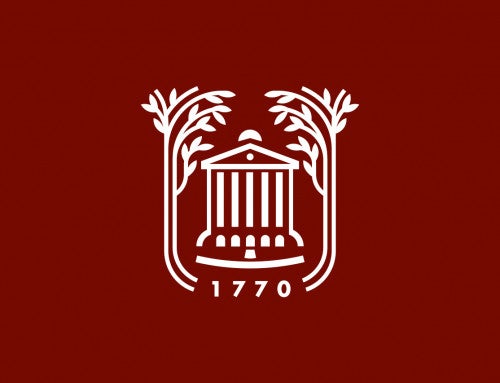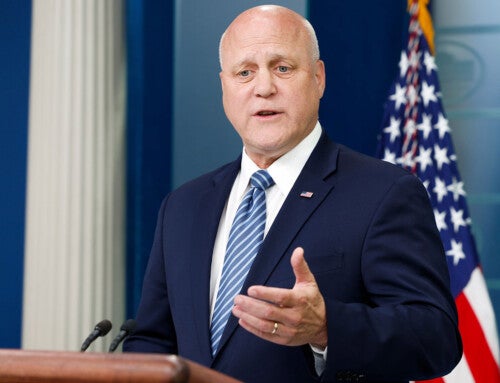South Carolina Gov. Henry McMaster on Friday, Oct. 26, 2018, honored REACH Program Career Coordinator Jaimee Brabant for her dedicated work in preparing students with disabilities for employment. The recognition is in connection National Disability Employment Awareness Month, which runs through the month of October.
Brabant was recognized as the governor proclaimed October 2018 “Disability Employment Awareness Month” in the state of South Carolina to correspond with the National Disability Employment Awareness campaign happening during the month of October.
In his proclamation, McMaster writes, “South Carolinians with disabilities have the same aspirations to competitively work and contribute to their communities as everybody else.” While the employment rate for people with disabilities in South Carolina is 27.7 percent, graduates from the REACH Program boast an 89 percent employment rate. Much of this success can be credited to the fact that students participate in internships all four years of the program.
The REACH Program at the College of Charleston is a four-year, fully inclusive certificate program for students with mild intellectual and/or developmental disabilities that promotes the advancement of knowledge and skills in the areas of academics, socialization, independent living and career development.
“Disability Employment Awareness Month celebrates not only the value of an inclusive workforce but the value of a person’s ability,” says Brabant, whose contribution to the REACH Program’s success cannot be overstated. She establishes internship sites, builds and maintains positive working relationships within the College, community and state, and works individually with students to enhance employable skills. “As a career coordinator, I always aim to enable our students to become the capable and valuable employees I know they are, and I’m so grateful for this honor.”
Through the “Disability Employment Awareness Month” proclamation, McMaster calls attention to issues people with disabilities face when obtaining meaningful employment, and he encourages South Carolinians to “work together to advance the message that people with disabilities are equal to the task [of working].”




